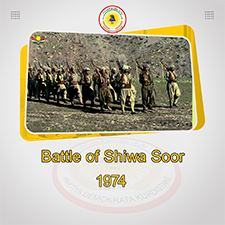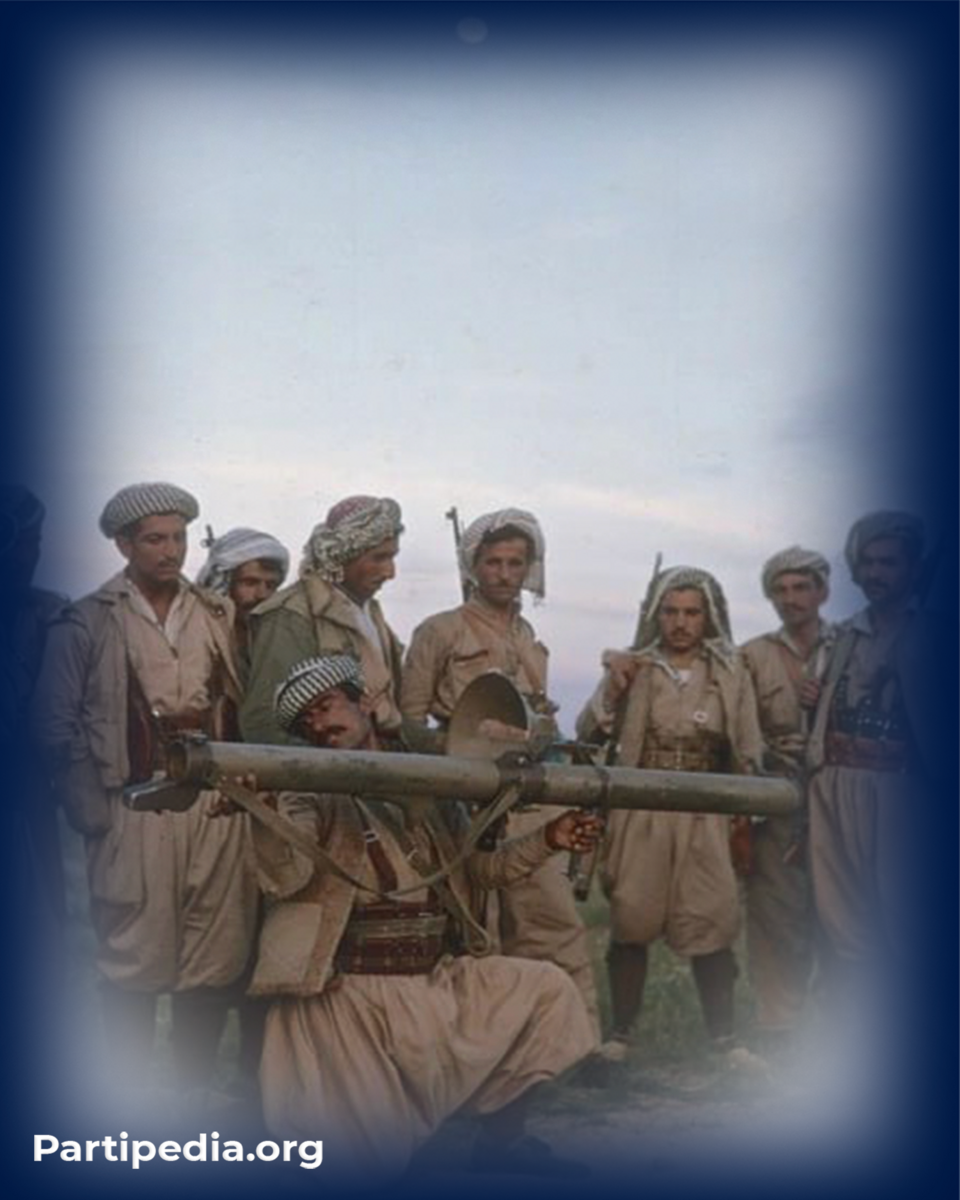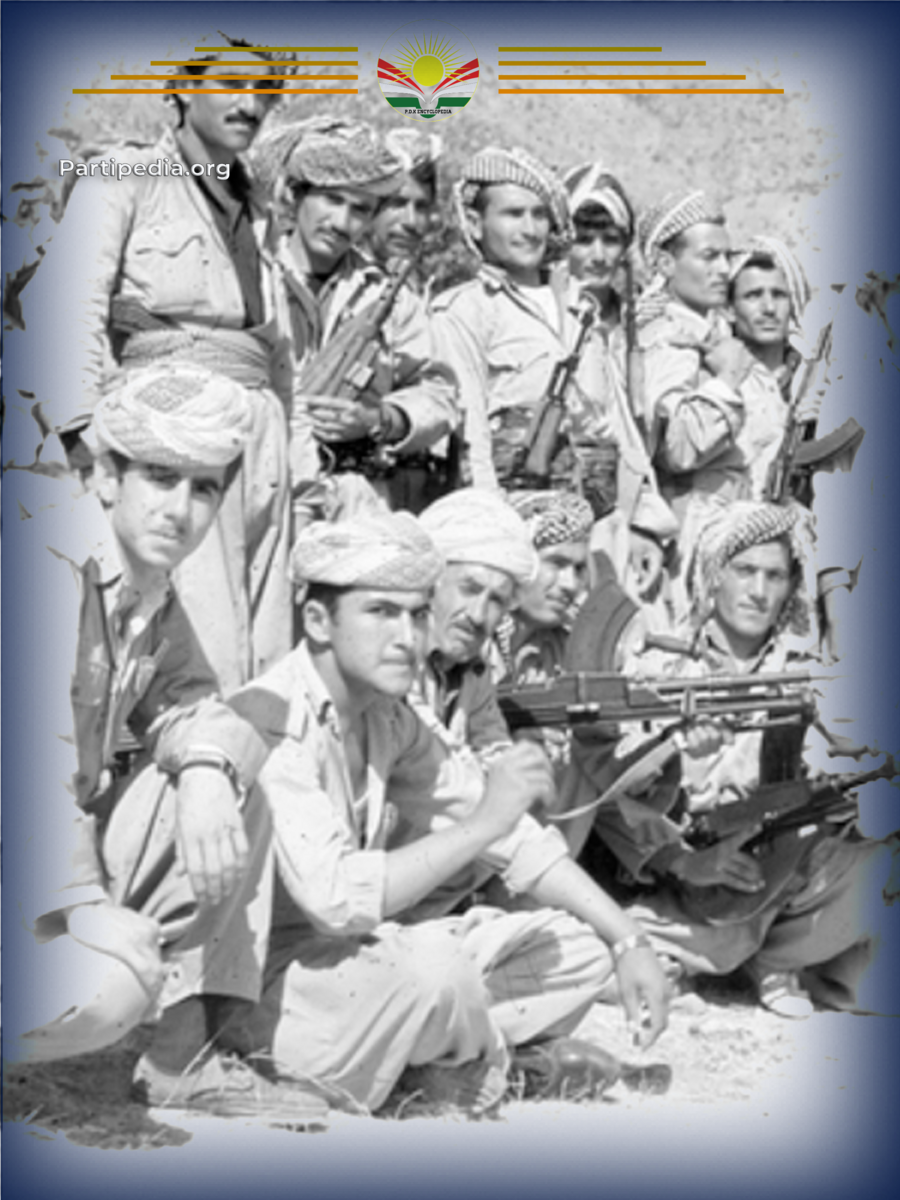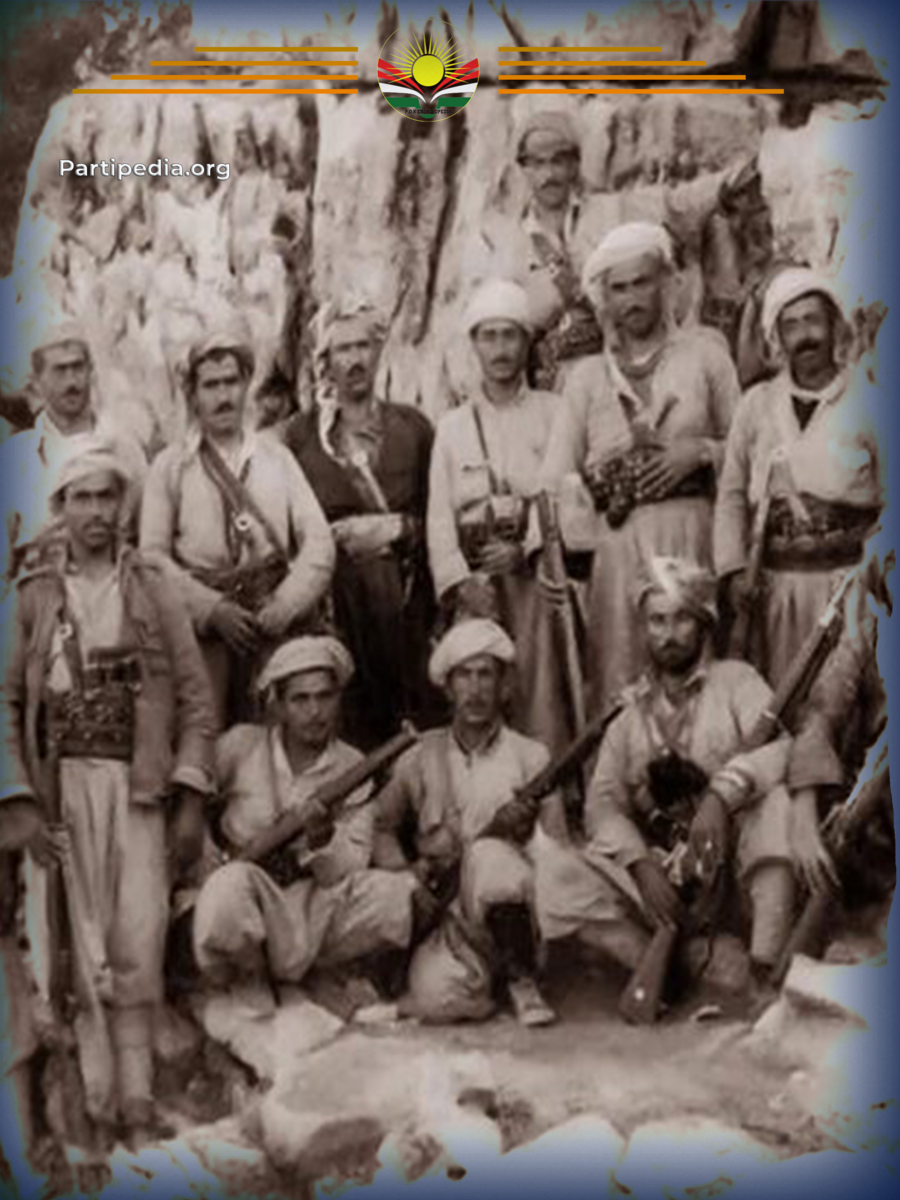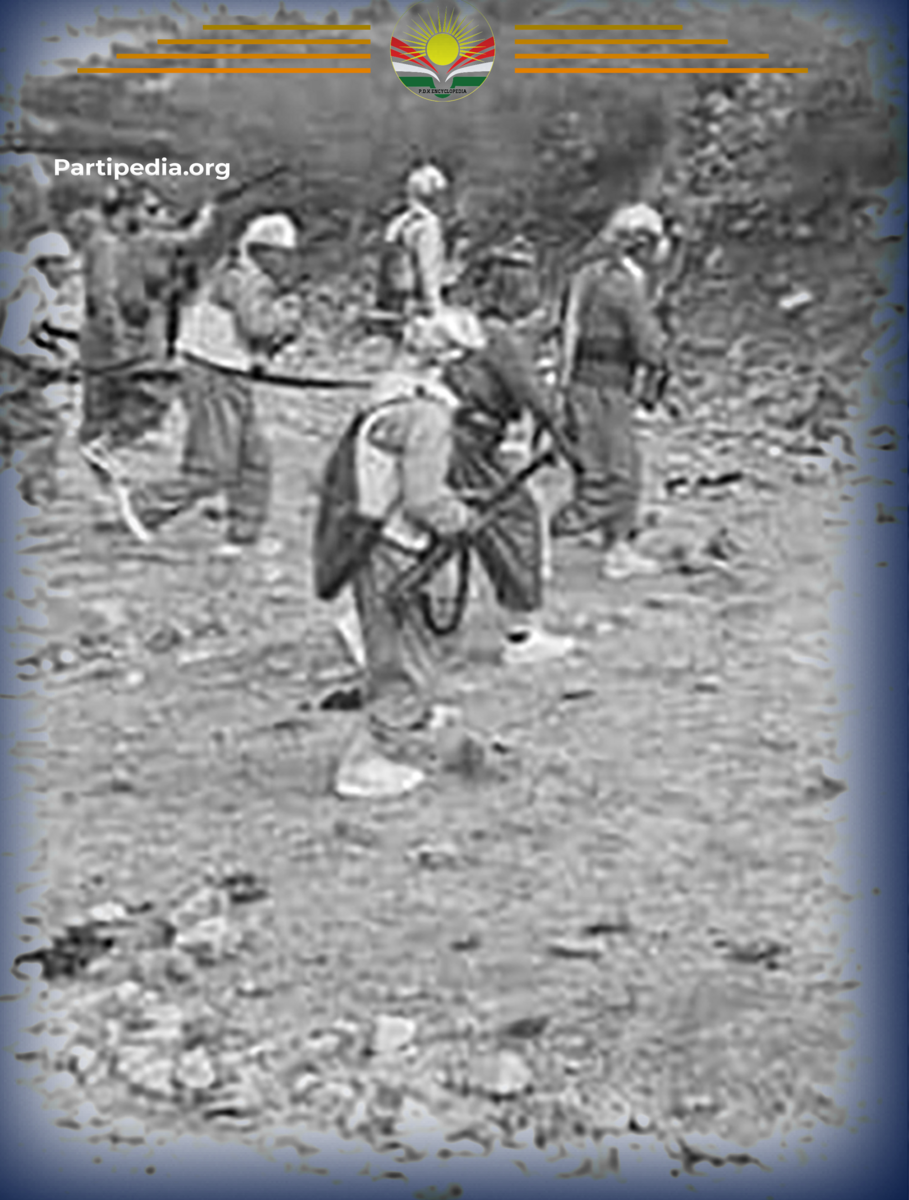On the morning of April 24, 1974, The Iraqi military initiated an attack against the regions under the control of the Kurdistan Revolution. They deployed their forces with full determination to advance and seize control over the entire Kurdistan region. On April 25, 1974, a portion of their troops attempted to capture Sangao, situated along the Kirkuk-Sulaimani road, before reaching Chamchamal. The units involved in this operation were the 2nd Battalion of the 4th Force from the 2nd Division of Kirkuk, supported by a tank battalion leading the charge. Unbeknownst to the Iraqi army, the Peshmergas of the 1st Battalion of the 2nd Kirkuk Force valiantly fought back with great resilience.
In the vicinity of Shiwa Soor, the Peshmerga forces strategically positioned themselves in a defensive manner, presenting a formidable barrier to the advancement of the Iraqi forces. Additionally, they strategically deployed anti-tank and anti-personnel mines along the path of the attacking army. As hostilities commenced, several tanks from the Iraqi army fell victim to these mines, resulting in their destruction. Consequently, Lieutenant Colonel Ziaddin Jamal, commander of the 2nd Infantry Battalion, issued an order stipulating that tanks should not be positioned at the forefront of the attack unless absolutely necessary.
Following the infantry's ongoing assault, they were unexpectedly targeted by Peshmerga gunfire and mines. Subsequently, after a grueling eight-hour battle, the Iraqi army suffered a significant defeat, enduring substantial casualties due to the formidable defense mounted by the Peshmerga forces. Among the victims was the bodyguard of the regimental commander, along with numerous others who were killed or wounded. Additionally, the conflict resulted in the destruction of six tanks, three armored vehicles, and various military vehicles, as well as the confiscation of multiple light and medium weapons.
Resources:
-
سهنگهر ئيبراهيم خۆشناو: ڕووداوه سهربازيهكانى شۆڕشى ئهيلوول 1970-1975، چاپى يهكهم، ههولێر، 2022.
-
کاروان جوهر محمد: ئیدریس بارزانى ١٩٤٤- ١٩٨٧ ژیان و ڕۆلى سیاسیى و سەربازى لە بزوتنەوەى ڕزگاریخوازى کورددا، چاپخانەى هێڤی، هەولێر، ٢٠١٩.




